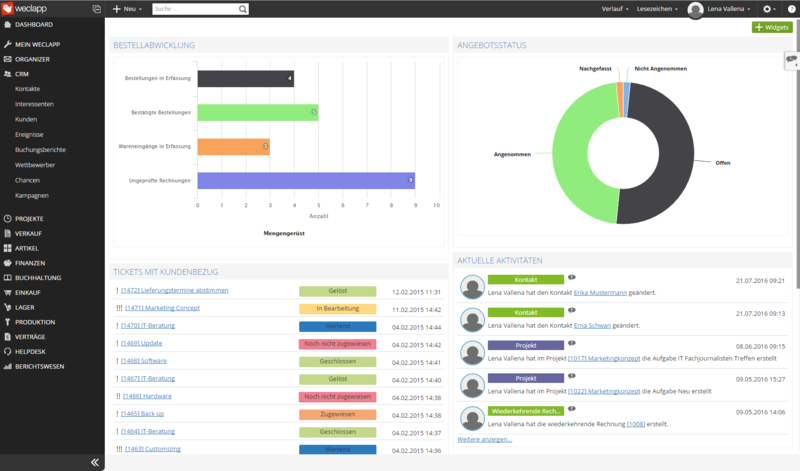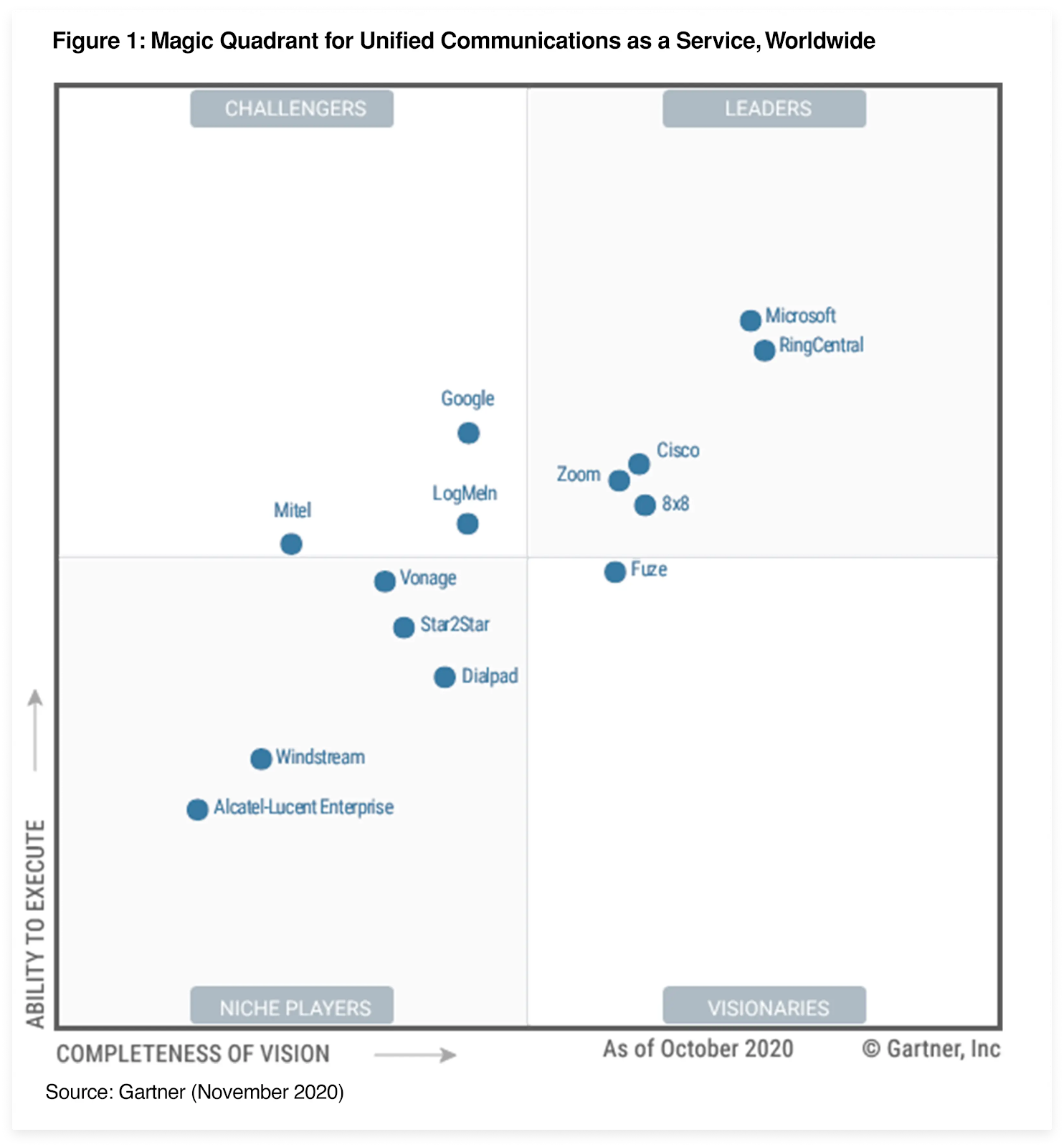In the world of business, you will hear different terms used to describe organisations. Some of those terms are interchangeable synonyms, and some should be used to refer to one type of business. One such term is ‘enterprise’. But what exactly is an enterprise, and what makes it different from other such terms?
What is an Enterprise?
Enterprise refers to a for-profit business started and run by an entrepreneur. And we will often say that people running such businesses are enterprising. The roots of the word lie in the French word entreprendre (from prendre), meaning ‘to undertake’, which in turn comes from the Latin “inter prehendere” (seize with the hand).
Entrepreneurs usually start an enterprise – with the associated risks – to make a profit, and for one of several reasons:
- Problem-solving. They see a particular issue that they feel they can solve.
- Exploit ideas. They have a new idea or product they believe will be successful.
- Filling a gap. They see a gap in the market they believe they can fill.
- Competitive pricing. They believe they can produce something on the market cheaper and offer it at a lower price.
- Knowledge-based. Where they believe they can supply specialist knowledge that customers will pay for.
Types of Enterprise

Various types of commercial enterprise exist within the UK. The main differences between them lie in how they are structured and legally owned.
1. Sole Proprietorship
Although often the smallest of companies, these represent the foundation of the UK’s market economy. These can include ‘trade’ business, such as painters and decorators, or the owners of a single retail unit. And, in the modern era, many online businesses can fall into this category, from smaller enterprises selling products via Etsy or similar platforms to larger ones with a website and app.
2. Partnership
Partnerships usually consist of a small number of individuals who share ownership and decision-making (as well as profits). In some cases, such as legal firms, each partner may bring a particular speciality to the business to expand the overall services. In some cases, there may be a type of hierarchy where there are senior and junior partners.
3. Private Limited Companies (Ltd.)
This sort of free enterprise has been legally incorporated and will have its own legal identity. It will have a set of shareholders who shoulder a limited amount of liability for any debts the enterprise incurs. Those shareholders will appoint directors to oversee overall operations and decisions of the business, though the relevant managers will oversee the day to day operations.
4. Public Limited Companies (PLC)
Often confused with private limited companies, PLCs differ in that shares in the enterprise can be sold to the general public. To do this, they have to meet certain regulatory and legal criteria regarding the business’s financial health, transparency of their accounts, how long they have been trading, and more. Being able to sell public shares can be useful in raising funds for things like expansion.
Difference Between a Capitalist and an Entrepreneur

The difference between these two roles is best explained as the entrepreneur is the individual(s) who forms a new business or startup, does most of the work, and takes the risk, where a capitalist, though also undertaking risk, is mainly the source of needed capital.
The entrepreneur is the person who owns the company, and the capitalist finances that company. The entrepreneur receives profits as a reward for their work (and ideas), while the capitalist receives interest on the money they have provided. However, in some cases, the capitalist may request a percentage of the business as equity.
Qualities of a Successful Entrepreneur
To become a successful entrepreneur, is it enough to have a good idea and access to funding? In most cases, no, as history is littered with many who had both but fell short of success. To combine those first two factors and actually succeed, you need certain qualities, or you need to develop them.
-
Planning
Being able to plan can be key to making your business successful. And this goes beyond a simple business plan you may have created to seek funding. It is about setting goals and working out how you will reach them. Any planning must adjust to unexpected circumstances, but it should follow a certain path, both in what you want to achieve and when you want to achieve it.
-
Vision
While many see their vision as part of their plan, vision can be about longer-term goals. Your initial plan may cover anywhere from your first year to your first five years, but where do you see you, your business, and your products/services in ten years or more? A visionary entrepreneur will be looking at long term goals and business opportunities to attract extra financing when needed.
-
Passion
Most successful entrepreneurs more than believe in their products. They have a real passion for them. And that passion is not just important in the initial stages or in selling your ideas to others. It can be crucial in keeping you going if you hit a rough patch or experience any disappointment or period of low economic activity.
-
Being Decisive
Decisiveness is a key quality in making a success of your enterprise. It is great when you have plenty of time to think over key decisions, but there will be plenty of occasions when you need to make a decision firmly and quickly. The ability to do this will stand you in excellent stead.
-
Self-Belief and Focus
Believing in your idea and you are an essential foundation for starting your own business. If you don’t believe in either, how do you expect others to do so and to buy your products? And focusing on short and long term goals is also important. Keeping a close eye on what you need to do daily, weekly, etc., will help you achieve your goals.
What is Enterprise Software?
For a new entrepreneur, the number of tasks facing you to run your business may seem overwhelming. And to take on dedicated staff to deal with those business processes is just unrealistic at first. This is where enterprise software and automation plays a role.
Enterprise software (or enterprise application software) is an enterprise application, or suite of programmes, that offer you a multi-disciplinary solution to those many tasks facing you. It can deal with your accounting, your security, and anything else that can be dealt with. Enterprise software can offer you a variety of business tools, including:
- CRM (customer relationship management)
- Billing
- ERP (Enterprise Resource Planning)
- Business Intelligence
- Human Resources
- Online Payment Processing
- Enterprise Content Management
- IT Service Management
- Email Marketing
The Best ERP Software

When it comes to enterprise resource planning (ERP), it can be difficult to choose which platform best meets your needs. While this list is far from exhaustive, here are five of the most popular applications available.
- Microsoft Dynamics
Suitable for everyone from a small business to large enterprises, Microsoft’s ERP uses AI-driven insights to help you run your company.
- SAP Business One
With the ability to be used in-house or via the cloud, SAP’s ERP offers scalability and will grow as you do. It helps you streamlines all your key processes.
- NetSuite OneWorld
If you operate internationally or have many subsidiaries, then OneWorld offers a real-time solution that unifies all your global management platforms cost-effectively.
- SYSPRO
SYSPRO is an ideal premise or cloud-based solution that suits manufacturing or distribution companies and focuses on order management, inventory management, etc.
- Inform ERP
This ERP can aid your company’s production, finances, and distribution and integrate all those processes to streamline your operations.
RingCentral Communications

No matter the size of your enterprise, good communications lie at the heart of all you do, whether that’s with colleagues or with customers. RingCentral’s business communications platform has been the Gartner UCaaS Magic Quadrant Leader for six years running.
RingCentral boasts the best uptime available (99.999%), easy use and manage the system, and the ability to add new users anywhere in the world within minutes. And no matter what devices your employees use, they can all connect with simplicity. Why not request a demo today?
Originally published Jun 10, 2021, updated Mar 25, 2023


